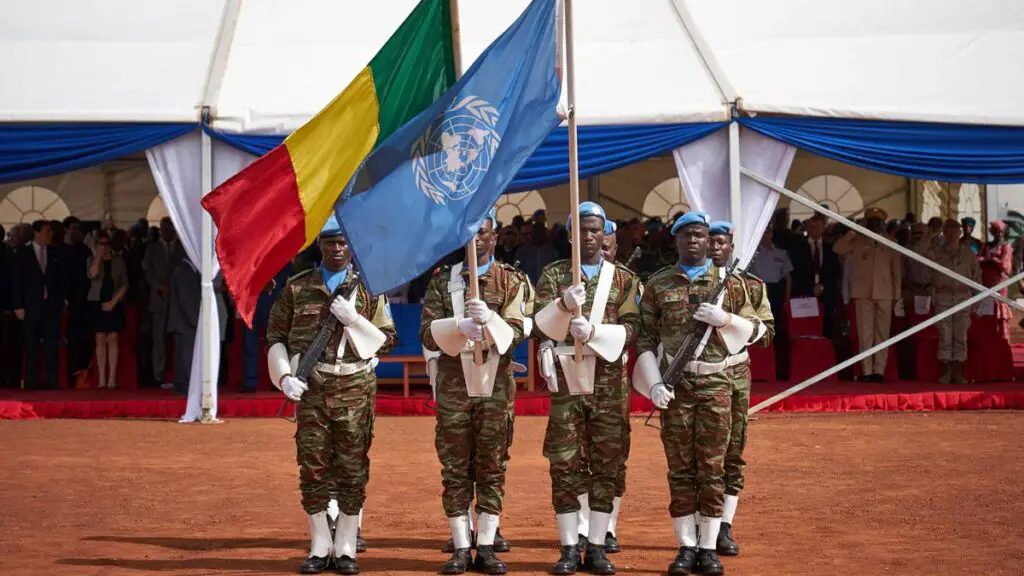The United Nations mission in Mali, known as MINUSMA, officially concluded its 10-year deployment in the country on December 11, following a directive from Mali’s military leaders. The spokesperson for the mission, Fatoumata Kaba, announced that the United Nations flag was lowered at its headquarters in Bamako, marking the symbolic end of the mission. Despite this, a “liquidation phase” will commence after January 1, involving the handover of remaining equipment to the authorities.
Withdrawal of UN Mission
The ruling junta in Mali, which seized power in 2020, had demanded the departure of the mission, even though the country is grappling with jihadism and crises. The withdrawal of the UN stabilisation mission has raised concerns about intensified fighting between troops and armed factions vying for territorial control. Over the past decade, MINUSMA maintained approximately 15,000 soldiers and police in Mali, with around 180 members being killed in hostile acts.
Progress of Withdrawal
As of Friday, more than 10,500 uniformed and civilian MINUSMA personnel had left Mali out of a total of around 13,800 staff at the start of the withdrawal. However, 13 positions in Mali have been vacated, with sites in Gao and Timbuktu in the north yet to be closed. Last week, the UN mission handed over the Mopti camp in the center of Mali, a hotbed of jihadist violence that has plagued the Sahel region for years. The camp had recently housed peacekeepers from Bangladesh and Togo and had hosted contingents from Egypt, Pakistan, and Senegal in the past.
Challenges and Concerns
The withdrawal process has not been without its challenges, as recent withdrawals in Mali’s volatile north took place under fears of a military escalation between the army and rebel groups. This has raised concerns about the potential for increased violence and its impact not only within Mali but also in neighboring countries such as Burkina Faso and Niger, exacerbating ethnic tensions along the way.
Geo-Political Shift
Following the seizure of power, Mali’s junta opted to end the country’s alliance with former colonial power France, showing a preference for closer ties with Moscow.
MINUSMA’s departure has significant implications for the stability and security landscape in Mali and the wider Sahel region. While the official conclusion of the mission marks the end of an era, it also ushers in a period of uncertainty and potential challenges for the country and its neighbors.

